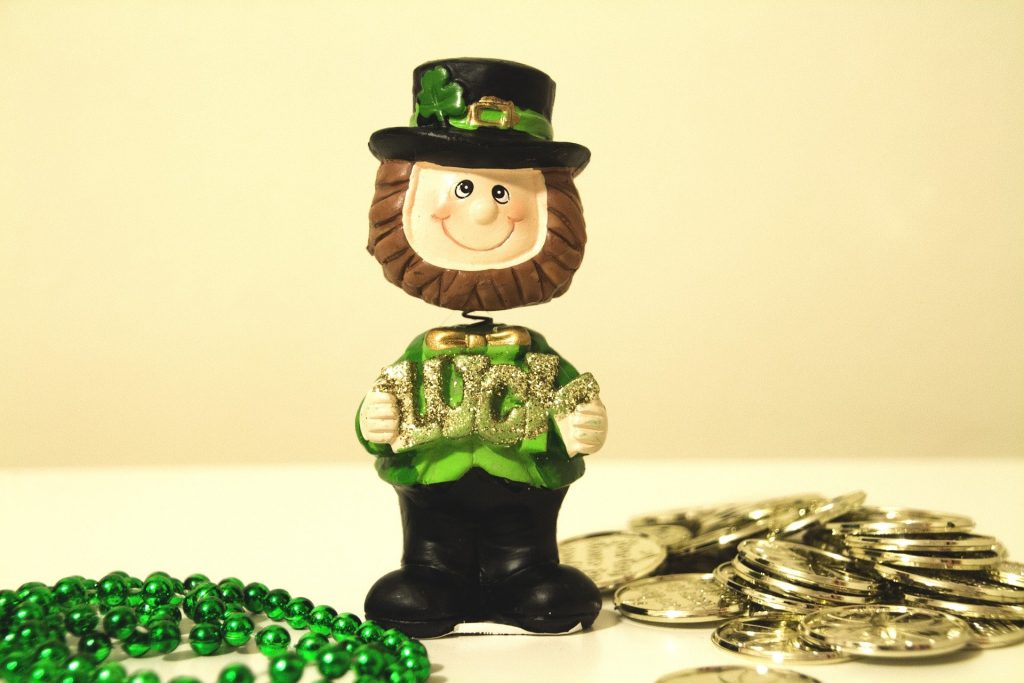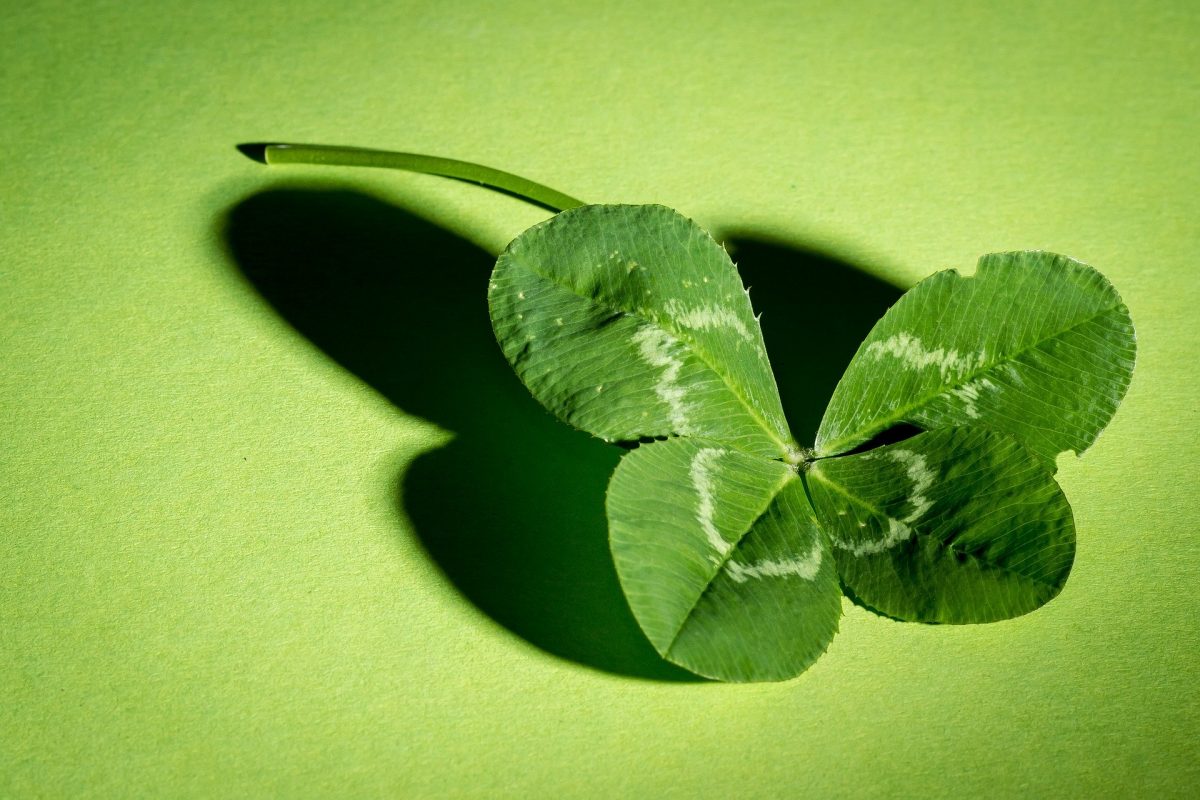Four-leaf Clovers – A Sign of Luck and Good Fortune
The four-leaf clover is one of the most prominent symbols of good luck in the Western world. Some believe the four leaves represent love, fame, health, and wealth. Others think they represent luck, faith, hope and love. Either way, the four leaves are generally considered one of the most important good luck symbols today.
Indeed, chances that you will find a four-leaf clover is one in 10,000. For its rarity alone, we consider them lucky. Though they are the product of genetic modifications of the white clover plant, this hasn’t stopped people from appreciating and assigning meaning to the clover’s uniqueness. In fact, four-leaf clovers are so appreciated that some have become collectors. One such collector amassed clovers worth $170,000 while she was alive. Another collector has the record for the highest number of four-leaf clovers collected within an hour – a number that stands at 156.
Cultural and Religious Beliefs
In Irish culture, the superstition attached to four-leaf clovers dates back to the Druid priests who used them in healing the sick, warding off evil, and even for ceremonial worship. Tales were also told about how sorceresses went hunting four-leaf clovers in the dark of the night, making the leaves into potions.
Of course, any article about four-leaf clovers will barely be complete without mentioning the patron saint of Ireland, St. Patrick. A firm believer in three-leaf clovers (probably due to the rarity of four-leaf clovers), St. Patrick used the three leaves to illustrate the Holy Trinity doctrine – the Father, the Son and the Holy Spirit. This is why the clover became a traditional symbol of St. Patrick’s Day.
It is, therefore, reasonable to assume that St. Patrick would have considered the four-leaf clover just as lucky were he able to find it in his lifetime.



